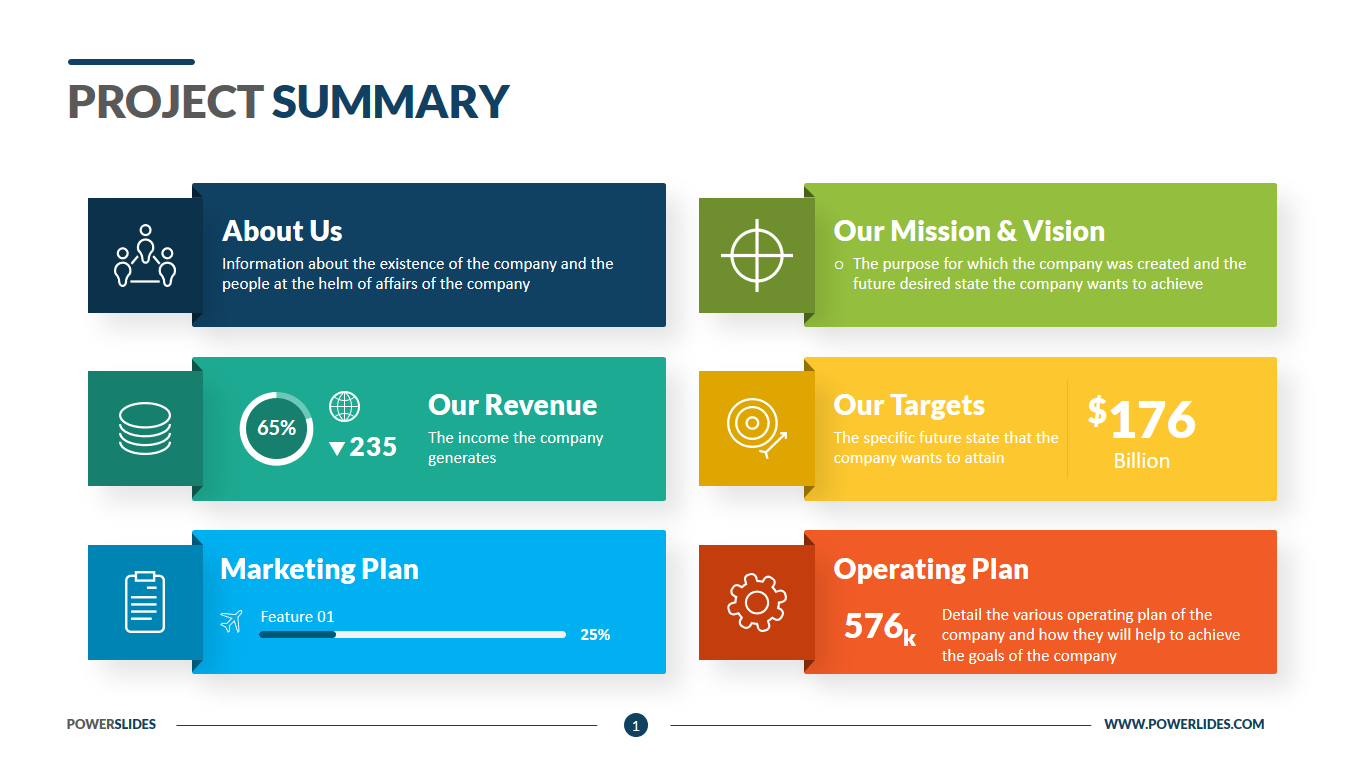What Is An Executive Summary In Real Estate?
An executive summary in real estate is a brief overview of a property or investment opportunity, typically written by a real estate professional, broker, or investor. It summarizes the key details of the property or investment opportunity, including the location, size, features, financials, and potential risks and rewards. It also serves to articulate the key selling points of the property or investment, allowing the reader to quickly understand the opportunity and determine if it is the right fit for them. Executive summaries are important tools for real estate professionals, investors, and potential buyers alike, as they can help to quickly identify and evaluate potential opportunities in the real estate market.
Definition of an Executive Summary
An executive summary is a short, concise document that provides a quick overview of a larger business report or project. It summarizes the key points of the report and provides readers with a clear understanding of what the report contains without having to read the entire document. It is often used in business to describe the contents of a proposal or business plan and to provide readers with an overview of the project’s purpose and scope. It is an essential tool for decision-makers who need to quickly understand the key points of the report in order to make informed decisions.
What an Executive Summary Should Include
An executive summary should provide a concise overview of the main points of a project or document. It should include the purpose and scope of the project, a brief description of the methodology used, the results and conclusions, and any recommendations for further action. It should also provide a clear and concise explanation of the benefits that the project or document will provide to the reader. The executive summary should be written in a professional and witty manner that captures the reader’s attention and encourages them to read more of the document. It should provide an easy-to-read, detailed explanation of the document’s contents and should be succinct and to the point. The executive summary should be the first thing a reader sees and should be an effective way to introduce and explain the project or document.
Benefits of an Executive Summary
An executive summary is a vital tool for any business professional. It is the first impression that you make on a potential employer, investor, or client. It is an opportunity for you to showcase your skills, knowledge, and experience in a concise and professional manner. By detailing the most important aspects of your business, you can quickly and effectively communicate to your audience why your business is worth their time and attention. An executive summary also serves as an outline of the contents of your business plan, making it easier for your audience to quickly and easily understand the scope of your business. By taking the time to craft an effective executive summary, you can ensure that your business will make the best possible impression and stand out from the competition.
How to Craft an Effective Executive Summary
As a business leader, crafting an effective executive summary is an essential skill to have. An executive summary should be concise and comprehensive, summarizing the key points of a longer document quickly and effectively. To write an effective executive summary, you must first read the document thoroughly, and identify the key points that need to be highlighted. Then, use clear and concise language to accurately portray the most important points. It is important to include meaningful facts and figures, as well as any relevant industry trends or developments. Lastly, ensure that the summary is tailored to the intended audience, providing the necessary information in an easy-to-understand format. With a well-crafted executive summary, you can quickly and effectively summarize the main points of a longer document and ensure that your message is heard.
Common Mistakes to Avoid When Writing an Executive Summary
An executive summary is an important document for any business proposal or plan – it can be the difference between success and failure. It is important to ensure that your executive summary is professional, concise, and convincing. To achieve this, there are some common mistakes to avoid when writing an executive summary. Firstly, avoid including too much detail. An executive summary should be a brief overview of the plan, not a detailed version of it. Secondly, don’t underestimate the power of proof. Use hard evidence to back up any claims that you make in the summary. Lastly, avoid using overly technical language. Your executive summary should be easy to understand and written in plain English. With some careful planning and attention to detail, you can write an effective executive summary that will help your proposal stand out from the rest.
Examples of Real Estate Executive Summaries
A real estate executive summary is a concise overview of a real estate project. It is an important tool for potential investors and lenders to quickly assess a project’s potential for profitability. An effective executive summary should provide an understanding of the project’s key elements, including location, potential returns, development timeline, key team members, and financing needs. It should also be engaging, and concise, and provide an accurate assessment of risks and opportunities associated with the project. A well-crafted executive summary can be the difference between a successful real estate project and a missed opportunity. Examples of real estate executive summaries include detailed analyses of commercial and residential properties, short summaries of development and investment projects, and unique solutions to complex real estate challenges.
Considerations for Real Estate Investment Executives
Real estate investment executives need to consider a wide range of factors when making decisions and formulating strategies. With the ever-changing nature of the market, executives must stay up-to-date with the latest trends and regulations to ensure they are making the best decisions for both their portfolio and their clients. Executives should research local markets, analyze projected growth, and consider tax implications. They should also consider the impact of macroeconomic conditions, such as interest rates, on their investments. Additionally, executives should be aware of any legal issues, such as zoning regulations, that can affect their investments. Lastly, it is important to stay informed of market changes and incorporate new strategies as needed. By keeping these considerations in mind, real estate investment executives can make informed and profitable decisions.
Using an Executive Summary to Make Smart Real Estate Decisions
Making smart real estate decisions requires careful analysis and research. An executive summary is a great tool to help you assess the potential of a real estate purchase. This summary should include key information about the property, such as estimated market value, potential future income, and cost of ownership. It should also include the potential risks associated with any investment. By taking a careful look at the details in an executive summary, you can make informed decisions about your real estate investments and ensure they are an asset to you and your family for years to come.
FAQs About the What Is An Executive Summary In Real Estate?
1. What should be included in an executive summary for real estate?
An executive summary for real estate should include a brief overview of the property, its current condition, and details of any proposed or future improvements. It should also include financial information such as sales or rental prices, rental income, operating costs, and capital expenditures.
2. What is the purpose of an executive summary for real estate?
The purpose of an executive summary for real estate is to provide potential buyers or investors with an overview of the property and its potential. This summary can help them make an informed decision about whether to purchase or invest in the property.
3. How long should an executive summary for real estate be?
An executive summary for real estate should be no more than two pages in length and should include only the most relevant information. The summary should be concise and to the point, focusing on the key points that are most important to potential buyers or investors.
Conclusion
An executive summary in real estate is a document that provides a concise overview of a real estate transaction. It is typically provided to potential buyers or investors to provide a snapshot of the transaction, including key details such as the purchase price, terms of the deal, financials, and any other pertinent information. An executive summary in real estate can be a valuable tool for buyers and investors in making decisions and understanding the details of a deal.






